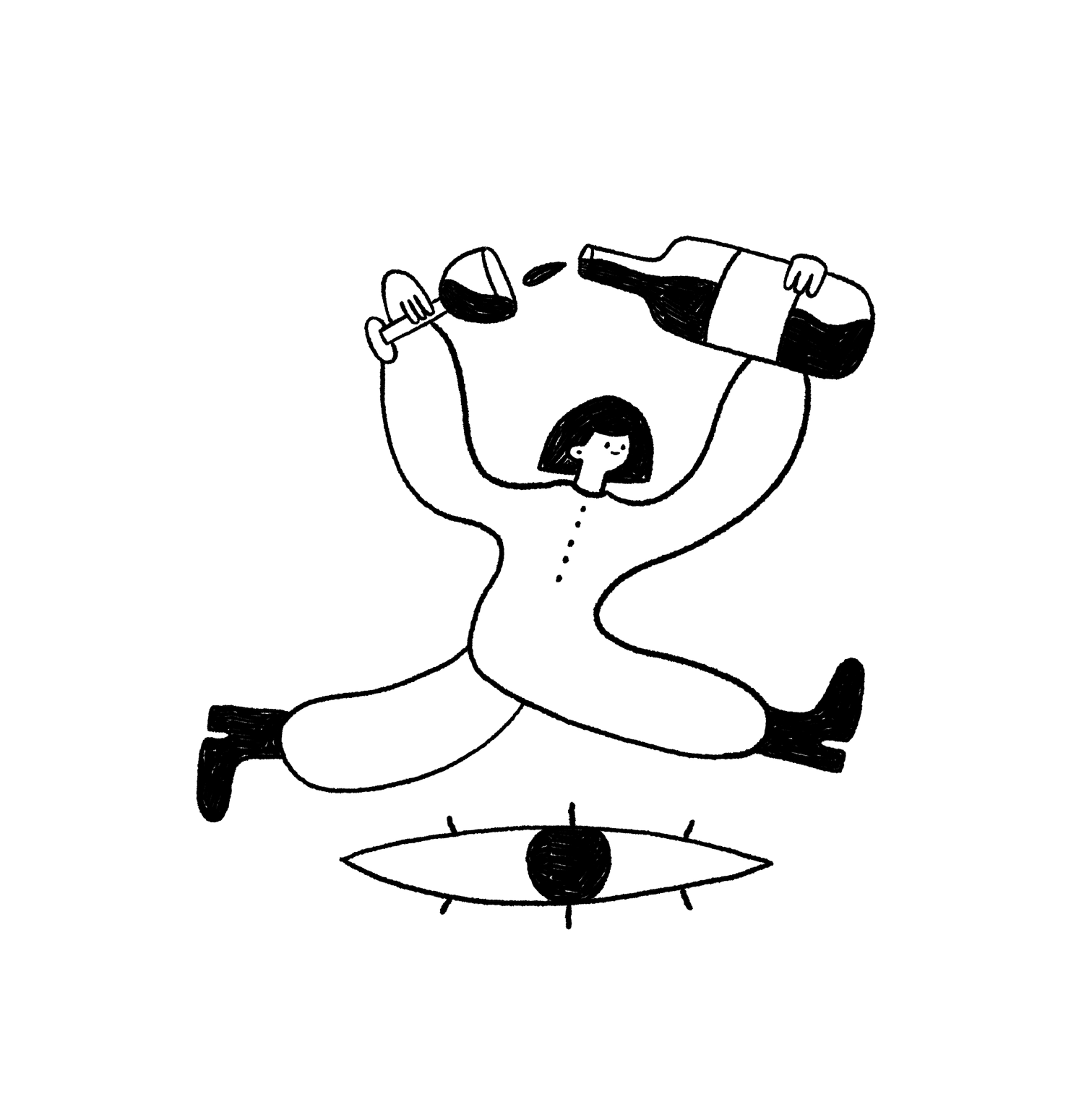Introducing Tinnyu
“One thing that stands out among top Chinese bottles this year is the geographical shift in quality toward the southwestern part of the country – especially in the far, elevated vineyards of the Diqing Shangri-la area of Yunnan province. Characterized by its complex, fragmented and hard-to-get-to terroirs, this region is becoming a key source for premium – though often limited-production – wines [where] demand consistently exceeds supply, especially for a few highly sought-after chardonnays.” - James Suckling
My first trip to China was earlier than expected, in May 2025. Sleepy’s Cafe owner Steve Chan had approached me just a few months beforehand with an idea; “Let’s go to Shanghai for RAW Wine!” Such an exciting opportunity, for someone in the early stages of understanding the wine industry of a foreign country.
It was an overwhelming week, suddenly finding myself in a place where Chinese wine was often the star of the show. It was also a direct insight into the state of China’s wine industry: I found some ‘garage’ producers, with close to a dozen cuvees, uncertain of their overarching identity. I also found several ‘corporatised’ producers, overtly polish and dubiously expensive.
Tinnyu, on the other hand, was intoxicatingly sure of itself, with a polish that spoke to winemakers Leqi Liu & Yuxuan Qiu’s sincerity and conviction. Their wines captured the purity and freshness of Yunnan’s unique high altitude, a welcome departure from an overreliance on new oak, which Leqi joked “is for businessmen”. Having tasted their samples - a Chardonnay, Rosé, and Cabernet Sauvignon - I saw what Chinese wine could be.
I arrived back in Melbourne with a few samples in my suitcase, alongside several other benchmark wines from Yunnan. With the thumbs up from my friends and colleagues, I was convinced these wines could make a mark on Australia’s wine landscape.
Tinnyu is a ‘garage’ winery based in Shangri-La, Yunnan. With just 0.83 hectares across three villages ranging from 2,300 to 2,800 metres above sea level - Xi-Da, A-Dong, and Mei-Li-Shei. The team work closely with the vineyard’s Tibetan residents year-round, spending half the year on location guiding them through budburst, veraison, harvest, and pruning. Yunnan is isolated and far-removed from the cosmopolitan wine-drinking cities of Shanghai and Guangzhou, so Yuxuan and Leqi spend the rest of their time doing marketing and sales in China’s Tier 1 cities.
At the intersection of Yunnan, Sichuan, and Tibet, Shangri-La’s wine region is one of the highest-altitude wine-producing areas in the world. The vineyards are predominantly located along the valleys of the Lancang and Jinsha rivers, on tiny flats - often only a few hundred metres long - surrounded by dramatic mountain peaks piercing the sky. The treacherous one-lane roads that connect them are nearly a straight drop to the valley hundreds of metres below, making the process of getting in and out a slow, arduous task.
Shanghai-based Leqi met Shandong-based Yuxuan in 2020, when the two were working at Domaine Franco-Chinois, a pioneering winery and research estate in Hebei. After deciding they wanted to work for themselves, the two took a risk and used Leqi’s connections in Yunnan to start Tinnyu in 2021. The pair had both previously travelled to France on separate occasions to pursue winemaking - Leqi at the Bordeaux Sciences Agro Institute of Agricultural Sciences, and Yuxuan at Universite de Reims Champagne Ardenne. Both completed several vintages in France before returning to China, where Leqi had the opportunity to work at Ao Yun winery in Yunnan - making connections with the locals and familiarising herself to the winemaking possibilities of the region.
With their first vintage in 2022, Tinnyu made just 500 bottles from 0.12ha of Chardonnay vines planted in A-Dong Village in 2008. They then jumped at the opportunity to farm 0.13ha of Cabernet Sauvignon from Meili Shi Village - expected to disappear within 5 years due to the construction of a dam along the Lancang River. Shortly after their first vintage, the team assumed management of 0.44ha of Chardonnay vines in Xi-Da Village, quadrupling their volume and allowing them the opportunity to creatively blend parcels and make single-vineyard wines.
Surprisingly, traditional Tibetan farming practices - based on China’s 24 solar farming terms - have several similarities to biodynamic practices, resulting in quality fruits reflective of the unique environment. By using further regenerative agricultural practices such as reducing tillage, cover crops, and compost, Tinnyu stimulates soil regeneration, enriches biodiversity, optimises water cycles, aids carbon sequestration, and enhances the vineyard ecosystem to increase climate resilience, maintaining balance and reducing the need to use fertilizers, herbicides and pesticides.
Yunnan’s environment is unlike anywhere else on earth, and Tinnyu’s dedication to capturing the region’s unique character by working in the vineyard rather than the winery - using minimal new oak to capture the freshness of this high-altitude region - will continue to set them apart from their peers. This is already being recognised around the country, with Nora’s Wine Bar in Shanghai, and La Cabane in Hong Kong championing these fascinating bottles of wine.
I am proud to announce that Australia will be Tinnyu’s first venture outside of Asia, landing in Melbourne at the end of October.




